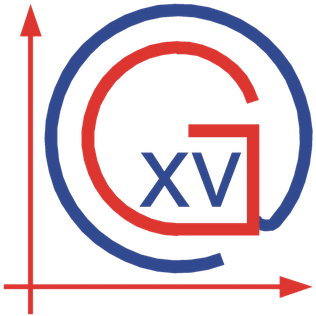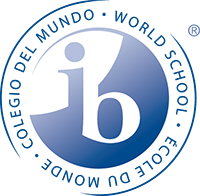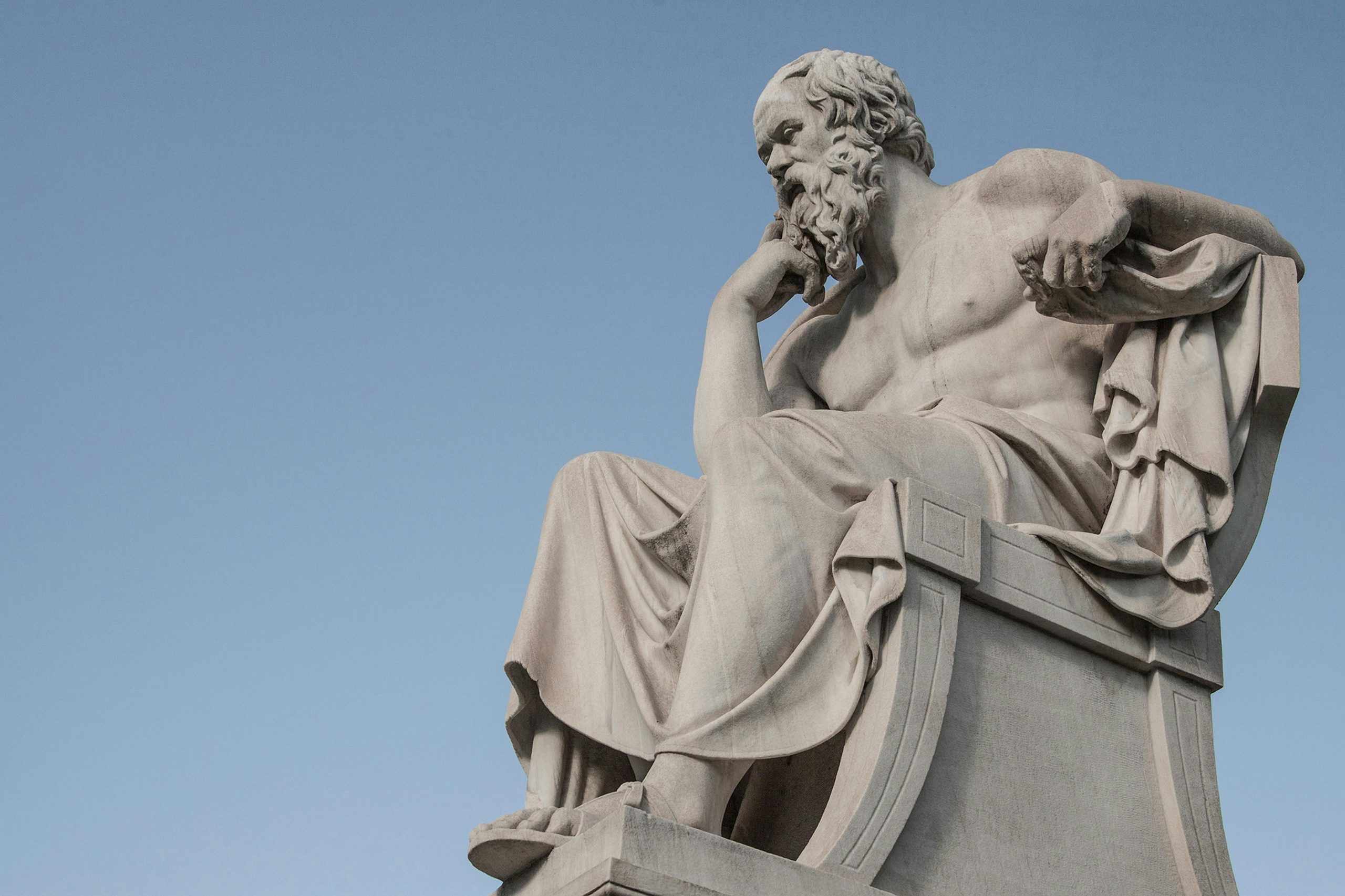As part of the IB curriculum, Theory of Knowledge challenges students to think critically about how we know what we know. To understand more about this fascinating subject, explore the interview with Valentin Lapaine, our TOK teacher, who shared his insight on the subject and what makes it so special. From questioning various claims to developing critical thinking and time management, TOK encourages students to approach things with curiosity and uncertainty, skills that are valuable both in and out of the classroom.
What inspired you to teach TOK, how did you develop an interest in the subject?
“Well, I have always been interested in the nature of knowledge. Even when I was in elementary school I found myself asking the question “How do we actually know that?” I was interested in who said that, what evidence it was based on, and what the justification was. When I started teaching in the IB, and found out about TOK, I found it very interesting as it was very different to all the other subjects. I think that you do discuss related things in other subjects, but TOK really focuses on the nature of knowledge, on how we know, not just what we know.”
What do you think makes TOK such an important part of the IB curriculum?
“I think that TOK is such an important part of the IB curriculum because it makes students encounter things which have real world significance, such as uncertainty, and questions with multiple plausible answers. Students often find things black or white, correct or incorrect, and do not see a range of possibilities. TOK also makes students question their own beliefs, values, and ethics, where they come from, as well as appreciating other people, as we now live in a globalized world, we come into contact with lots of different people. Of course, we may not agree with everyone, but it is nice to appreciate our differences.”
How do you think TOK can be applied outside of the classroom, in real-life situations?
“There are many applications, as I said, being able to understand other people’s perspectives, ideas, etc. Besides that, I think TOK helps students develop critical thinking. Students can be exposed to various claims in the media, and, sometimes, people will be incorrect, or simply want to manipulate or mislead you. We should not take things for granted, but instead question them and see what they are based on. It is worth exploring things in depth, and not just accepting them immediately.”
What are some of the biggest challenges students face in TOK, and how do you help them?
“I would say that it is usually the students’ focus. Students are sometimes focused only on memorizing facts (which is not their fault, as most subjects require that), so students often come to TOK with that in mind and I tell them that we don’t have exams and we do not have to memorize facts, but rather develop various skills and apply them. I try to use many examples to help students achieve this, but, it definitely does take some time, especially for some students. The main idea is that TOK is all around you.”
How do you think TOK links to other subjects?
“TOK is considered a core subject. It does link to all other subjects, some more than others. In fact, other teachers are also required to integrate TOK in their classes. As you know, I also teach IB Psychology, which connects to TOK really well. For example, an entire course is focused on different research methods and ethical considerations, which both have to do with how we know things/what we know about human behaviour.”
What would you say are some of the main skills students develop through TOK that will help them in their future academic or professional careers?
“Like most other subjects, TOK is focused on discussion and writing. Students are expected to develop relevant and clear arguments, examples, and evidence to support a discussion. You can demonstrate awareness of different points of view and applications of different arguments and conclusions. So, I think that this is something that you will definitely be able to use in your further education, as well as at work (for example: if you have to persuade someone into agreeing with your ideas).”
How do you think TOK prepares students for university?
“Aside from the things we have discussed above, I think that a crucial skill that TOK helps develop is time management and reflection (as you have projects in TOK which are new to you, we break them up into several steps so that you do them one at a time, and help you organize your time). Additionally, TOK helps students refine their work due to the feedback they receive from their teachers. Lastly, students are definitely going to have various projects throughout their further education which are going to require them to include some type of discussion and reflection, which are also present in TOK.”
Do you have a favorite TOK concept that you enjoy exploring?
“It is very difficult for me to pick just one, as I find them all very interesting. However, in particular, I find perspective and values very interesting. They are very challenging to explore, as some students have a very difficult time realizing that other students can have different values and opinions, or when they do realize that other students have different values and opinions, they do not appreciate them as much as their own. It becomes easier for most students. You do not have to agree with their perspectives and values, but see them as equally valuable as our own.”
If you could change one thing about the way TOK is approached or taught in schools, what would it be?
“I think there are multiple things that could be changed and modified. I would say that it would be useful for the IB to award more points for TOK. Students are usually result oriented; they focus on grades and points, which is not ideal, so that should be changed in order to focus more on learning. Currently the situation stands in a way that students can score up to three points from TOK and the Extended Essay together, while they can gain up to 42 points for their other subjects, meaning that TOK only holds (less than) three points out of 45. Unfortunately, some students do not think that TOK is important and won’t take it seriously, because it is worth three points (which I understand, but think is a shame, as it is a very useful subject). Some universities do care about TOK (you can integrate it into your personal statement), but for the most part they do not really care (as long as you pass).”
What is the most surprising thing a student has ever said during a TOK class discussion?
“I don’t have a specific quote in mind. I always tell myself that I should carry a notebook in which I should write what students say. However, I remember being initially surprised by students who were completely certain of a claim. They do not necessarily have solid evidence or a justification, but they do not even question their certainty. I would also like to be certain, but in real life, it is more complicated than that. Actually, showing a lack of certainty is not a weakness, it is a strength if you are able to recognize your own and other’s uncertainties.”
TOK is all about questioning claims and thinking critically. As our TOK teacher, Valentin Lapaine shared, understanding different perspectives and ideas makes us deeper thinkers. In a world surrounded by all sorts of media and information, Theory of Knowledge helps us approach it with curiosity and just enough skepticism. So, next time you hear something, don’t forget to ask yourself “How do we know that?”.





